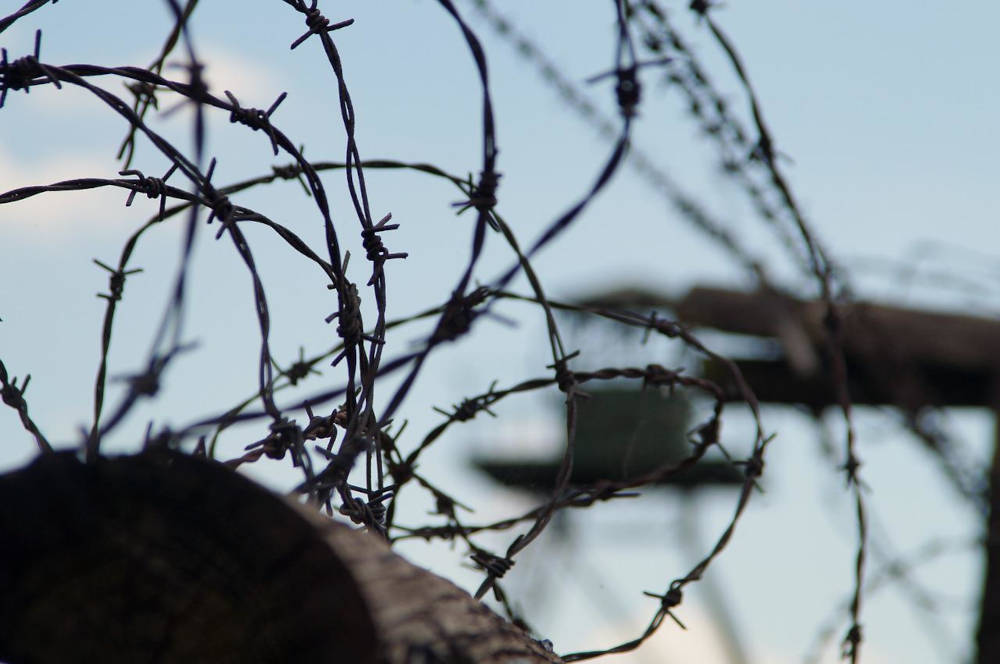[From Pixabay]
Good morning,
In Lifescale, Brian Solis shares a fascinating story that is very relevant today when it’s so easy to get distracted.
He writes: “A disciple and his master were walking through the woods. The disciple felt disturbed by the fact that his mind was in a constant state of agitation, and he asked his master: ‘Why are most people's minds restless? What can be done to calm the mind?’ The master looked at the disciple, smiled, and said, ‘I will tell you a story.’
“An elephant was standing by a tree eating its leaves. A small fly came and flew up to him, making an unpleasant buzzing sound near his ear, and the elephant flapped his ears to scare it away. But a short time later, the fly came back. The elephant once again shook his ears, but the fly kept returning, over and over again.
“After many failed attempts to scare the fly away, the elephant turned to it and asked, ‘Why are you so agitated and noisy? Why can't you stay in one place for a while?’
“The fly responded, ‘I am attracted to what I see, hear, or smell. My five senses scream at me about everything around me and I cannot help myself. What is your secret, elephant? How can you stay so calm and quiet?’
“The elephant stopped eating and said, ‘My five senses do not direct my attention. I have control of my attention and I can direct it where I wish. This helps me immerse myself in what I am doing and therefore to keep my mind calm and focused. When I am eating, I am totally immersed in eating. In this way, I can enjoy my food and better chew it. I control my attention and not the other way around, and this helps me to be calm.’
Have a great day!
The new Iron Curtain
We are listening to narratives emerging from Europe that the way things are going in Ukraine, a new world order is emerging. And it appears this will be a long, long, haul. A pointer to that emerged when US President Joe Biden spoke at Warsaw on February 24. “This battle will not be won in days or months… We need to steel ourselves for a long fight ahead.”
What it means, writes Jeremy Cliffe, International Editor at The New Statesman, is that “From Murmansk in the Arctic to Istanbul on the Bosphorus, a new Iron Curtain is falling across Europe—1,000km east of its Cold War predecessor. It will change the face of the continent.”
So, why ought those of us in India and other parts of the world be concerned? On reading Cliffe’s report closely, interesting pointers emerge. The Western world’s reading of Putin is very different from how policy makers elsewhere see him. “Russia’s invasion of Ukraine showed how reckless Vladimir Putin can be—with his slaughter of civilians and threats of using nuclear, chemical and biological weapons—but also how poorly he read the West’s willingness to support Ukraine.”
And the evidence is there on the ground. “Already, the new Iron Curtain is hardening. The US alone has sent an additional 12,000 troops to Europe, taking its total forces on the continent to above 100,000 for the first time since 2005. Other allies are also stepping up. The UK has doubled its force in Estonia by sending a second EFP (enhanced forward presence) battlegroup and has provided Poland with its new Sky Sabre air defence missile system to create a ‘no-cross air line’ along the Polish-Ukrainian border. Germany has sent an additional 350 troops to Lithuania and, along with the Netherlands, is providing Slovakia with Patriot missile defence systems. Meanwhile, the Baltic air-policing mission is now running around-the-clock patrols of Baltic airspace.”
Clearly, the geopolitical boundaries are being redrawn, alignments are being tested, and there is much thinking foreign policy wonks have to do.
Dig deeper
The limits of free speech
Now that Elon Musk has got Twitter and everyone is debating the boundaries of free speech, we thought it only appropriate to revisit an essay on the theme by Rahul Matthan, a Bengaluru-based lawyer. How are we to think about this on the internet? Matthan traces the rise of the debate through its early days, the questions it raised, and where it stands now.
“On 8 February 1996, John Perry Barlow, songwriter for the Grateful Dead and founder of the Electronic Freedom Foundation (EFF), dashed off an email to a hundred-odd friends. The message, titled ‘A Declaration of the Independence of Cyberspace’, argued that the internet should not be subject to the laws and regulations of the real world. He was concerned that real-world regulations that the US government was imposing on cyberspace would stunt its growth. ‘On behalf of the future,’ he begged, ‘I ask you of the past to leave us alone. You are not welcome among us. You have no sovereignty where we gather.’
“Barlow’s message tapped the zeitgeist of the time, framed as it was in the context of internet exceptionalism—a notion that would influence the way in which the internet would come to be regulated the world over. Cyberspace, he argued, was a distinct and sovereign realm that everyone could enter—where beliefs could be expressed without fear of being silenced or being required to conform. In his conceptualisation, the internet represented a new frontier that would host a ‘civilisation of the Mind in Cyberspace’.
“Barlow believed that regulation of any kind was bad. ‘You claim,’ he thundered, ‘there are problems among us that you need to solve. You use this claim as an excuse to invade our precincts. Many of these problems don’t exist. Where there are real conflicts, where there are wrongs, we will identify them and address them by our means. We are forming our own Social Contract. This governance will arise according to the conditions of our world, not yours. Our world is different.’”
Just how did the internet evolve and where does Barlow’s vision stand? We’d urge you to read Matthan’s essay. There are no easy answers. Instead, he raises more questions that are worth thinking about.
Dig deeper
Effective communication

(Via WhatsApp)
Found anything interesting and noteworthy? Send it to us and we will share it through this newsletter.
And if you missed previous editions of this newsletter, they’re all archived here.
Warm regards,
Team Founding Fuel

